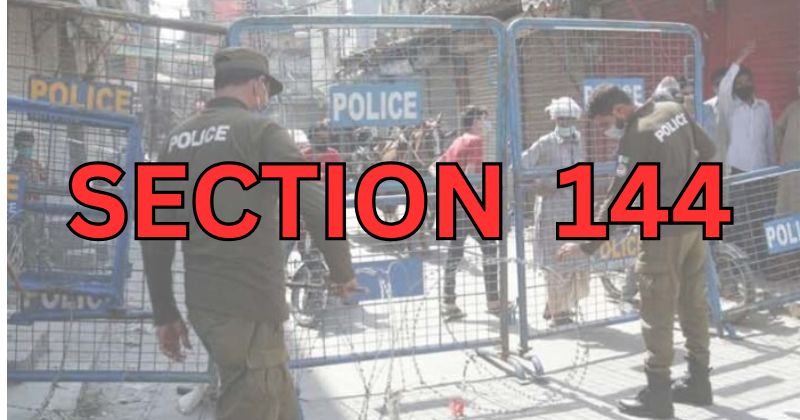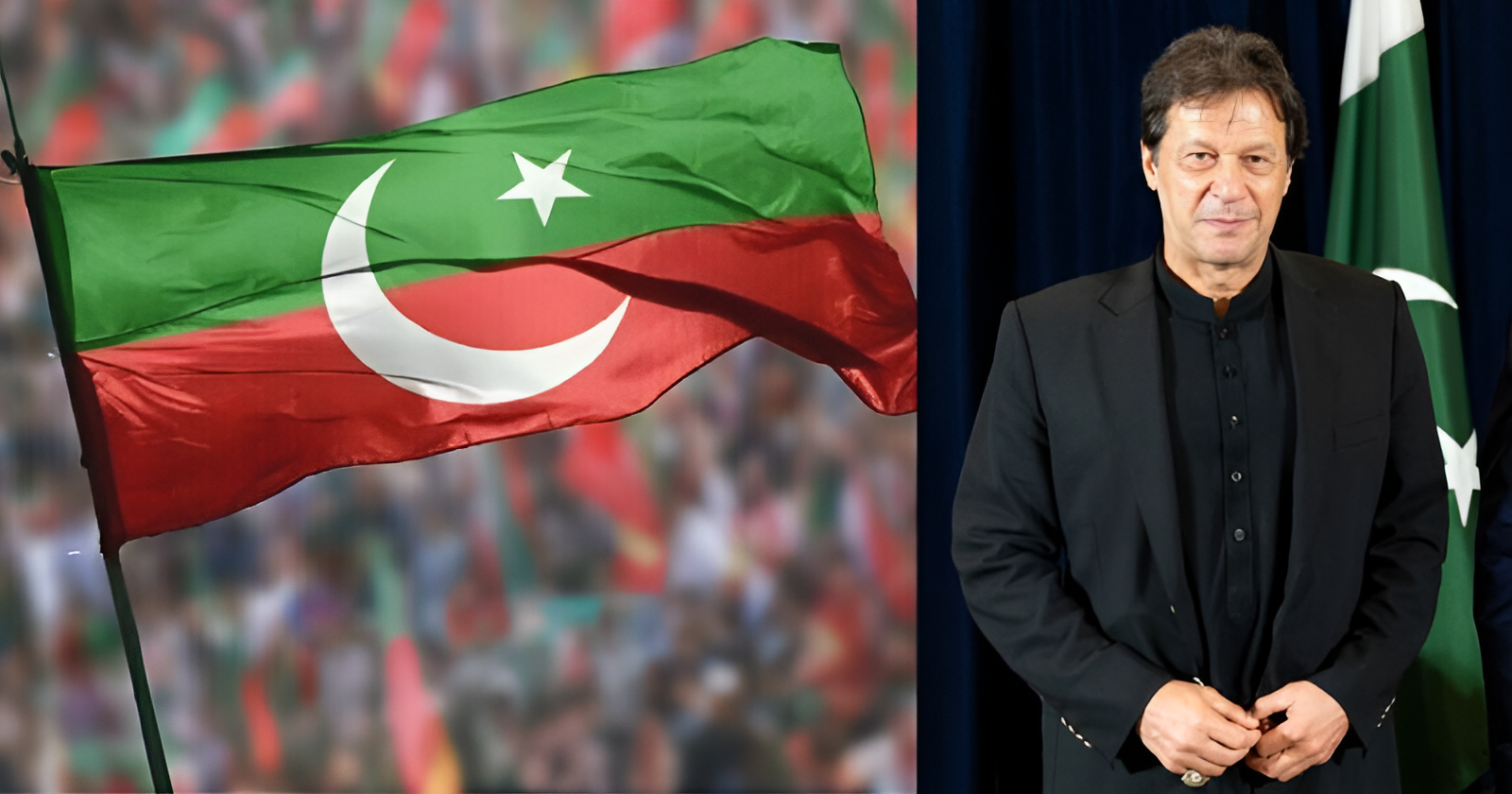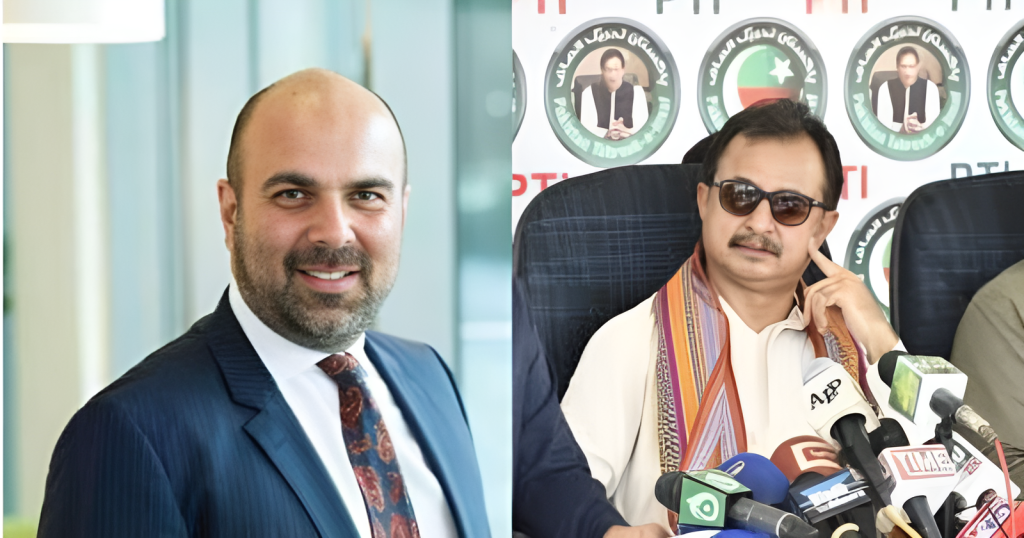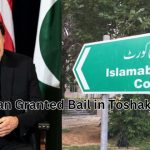
The Islamabad administration imposed Section 144 in the capital territory for two months on Monday, ahead of the Pakistan Tehreek-e-Insaf’s (PTI) much-anticipated power show on November 24. Section 144 is a legal provision enabling district authorities to prohibit the assembly of four or more individuals in a specific area for a limited time.
This decision follows recent events where several top PTI leaders were detained outside Adiala Jail in Rawalpindi for violating Section 144. However, they were released shortly after being issued warnings, according to police reports.
Former Prime Minister and PTI founder Imran Khan has issued a “final call” for nationwide protests on November 24. He described the protests as a response to the “stolen mandate,” the unjust arrests of PTI supporters, and the 26th amendment, which he claims has strengthened a “dictatorial regime.” Khan called the protests a litmus test for PTI’s commitment and urged active participation from the legal community, civil society, and overseas Pakistanis.

In a series of notifications issued by Islamabad District Magistrate Usman Ashraf, Section 144 was enforced to curb “unlawful assemblies” that could disrupt public peace and safety. Public gatherings of five or more people are now banned in the capital. The notifications cited potential threats to public order, safety, and property, including risks of riots or sectarian conflicts. Restrictions also extend to the use of sound systems for objectionable or sectarian-related speeches, loudspeakers to incite groups, firecrackers, and the display of firearms by individuals other than law enforcement officers. Distribution of handbills, pamphlets, and posters is also prohibited.
PTI leader Taimur Saleem Khan Jhagra criticized the ban as “malafide and illegal,” arguing that it undermines the right to peaceful protest. Similarly, PTI Sindh President Haleem Adil Sheikh, during a visit to seven districts, met with lawyers from the Karachi Bar Association and invited them to participate in the march. Sheikh commended the Karachi Bar Association’s history of defending judicial integrity and opposing the 26th constitutional amendment. He accused the government of eroding judicial independence, warning that a lack of justice could plunge the country into anarchy.

This enforcement of Section 144 highlights the growing tensions between the government and PTI, with Islamabad’s authorities emphasizing public safety amidst heightened political unrest. The situation remains a critical juncture for PTI’s political movement and the broader democratic landscape in Pakistan.







